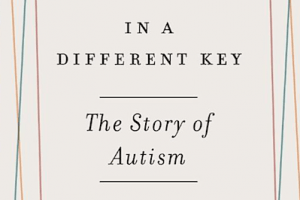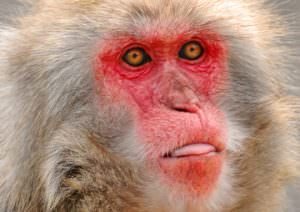Autism Study Shifts Focus From Nature to Nurture
Research on autism in recent decades has emphasized the contributing role of genetics, but a new study out of UCSF and Stanford might prove to be a game-changer, ranking environmental factors (e.g., parenting) higher than biology in order of importance.
Research on autism in recent decades has emphasized the contributing role of genetics, but a new study out of UCSF and Stanford might prove to be a game-changer, ranking environmental factors (e.g., parenting) higher than biology in order of importance. –KA
Your support matters…San Francisco Chronicle:
The study, published in Monday’s issue of the Archives of General Psychiatry, looked at 192 pairs of twins in California and, using a mathematical model, found that genetics account for about 38 percent of the risk of autism, and environmental factors account for about 62 percent.
Previous twin studies had suggested that autism was highly inheritable, with genetics accounting for roughly 90 percent of all cases worldwide. As such, much recent research into autism has focused on tracking down the genes and unlocking the complex genetic codes that are associated with autism.
Independent journalism is under threat and overshadowed by heavily funded mainstream media.
You can help level the playing field. Become a member.
Your tax-deductible contribution keeps us digging beneath the headlines to give you thought-provoking, investigative reporting and analysis that unearths what's really happening- without compromise.
Give today to support our courageous, independent journalists.





You need to be a supporter to comment.
There are currently no responses to this article.
Be the first to respond.